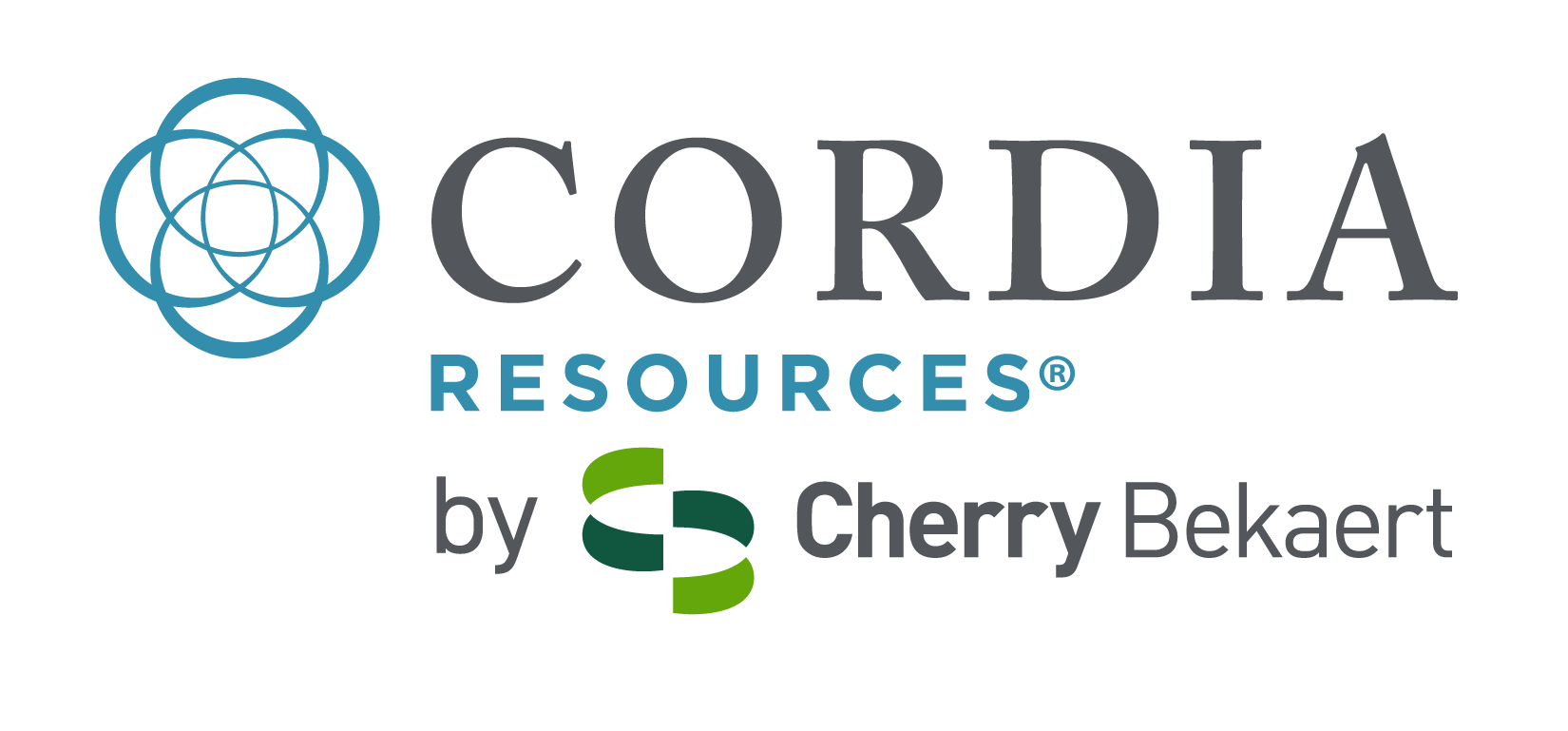A high-paying job doesn't always provide the best possible benefit to your long term career prospects, and a big paycheck doesn't always offer the best path to a healthy, happy, and fulfilling life—in the present OR the future. While most experienced adults start to recognize this after a decade or two in the working world, many of us find ourselves wishing we had learned this lesson sooner. But youth is wasted on the young, and too many recent graduates and entry level employees consider the choice between a big paycheck and a small one as something of a no-brainer.
A few simple tips can save younger workers from the lost time and missed opportunity that can result from this decision. Here are a few reasons why it might be a smarter move to choose the job with the smaller paycheck.
Reason #1: You know what you’d prefer to be doing with the hours of your day, all day, every day.
The high-dollar job promises stress, boredom, or drudgery in exchange for a little more money. The lower paying job offers hours and days spent doing something you actually enjoy doing. If this describes the two options in front of you, choose the lower paying job. As it happens, a job that makes you feel connected, happy, and thriving tends to free your mind. And when your mind is free, you tend to generate smarter ideas, bolder plans, and stronger relationships with those around you. Over the long run, these things will take your career much further than the approval of one (potentially unpleasant) boss.
Reason #2: The dollar difference is fairly small.
If you’re choosing between a one-year tenure in a job that pays minimum wage versus a one-year tenure in a job that pays six figures, money may certainly play a role in this decision. But if the gap between the two is fairly narrow, don’t let a few extra dollars push you into a foolish choice. Years down the road, this minuscule difference won’t leave an impact on your bank account…but it may leave a large impression on your memory of the year and the opportunities you gained or lost as a result of your decision.
Reason #3: Your high investment isn't worth the prize.
There’s a certain logic that leads us to believe an alluring equation: If we make sacrifices and subject ourselves to a miserable existence at 25, then we’ll have greater financial stability (therefore greater happiness) at 35. There are two facts that can complicate this math. First, your steep investment may not pay off exactly as you planned. And second, your 25th year is just as important as your 35th year. Time happens now.
For more information on how to make a decision between a positive working experience and a high paycheck, arrange a consultation with the staffing and career management experts at Cordia.


